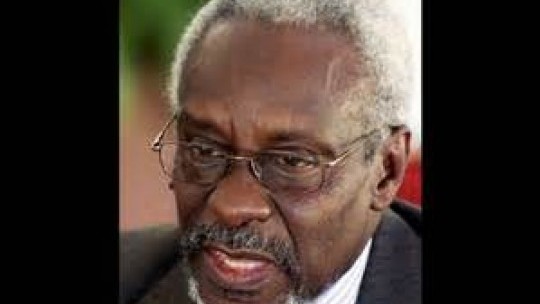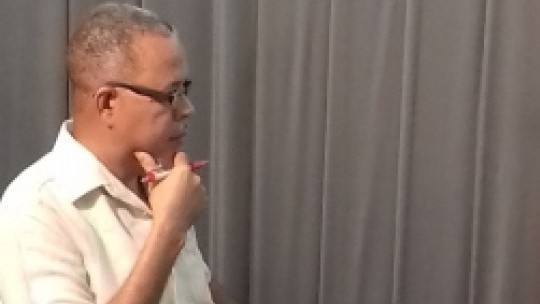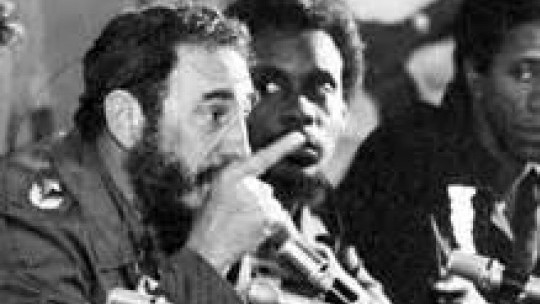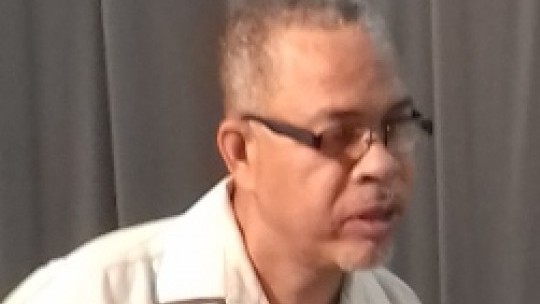.png)
P.J. Patterson, former Prime Minister of Jamaica, has described as "perhaps unparalleled," the record of cooperation between Jamaica and Cuba, starting in the 1970s, from which Jamaicans continue to benefit significantly today.
Mr. Patterson, speaking on RJR's That's a Rap, on Sunday, highlighted the areas of health, education, sports and culture, as some of the primary areas of cooperation.
Regarding the field of sports, he said the impact of those early initiatives should never be underestimated and continue to be of tremendous benefit to Jamaica and its citizens today.
"I think so much of our outstanding performances and our success can be attributed to the G.C. Foster College which was a special present he made to Jamaica, in addition to the other schools that were build in that cooperative effort," he said.
The benefit of having G.C. Foster College can be seen in the many graduates with training in physical education, assigned to secondary schools, which "is what perhaps more that anything else has released and unearthed that talent which we have seen in abundance," he added.
Since the 1970s hundreds of Jamaican doctors have been trained in Cuba while Cuban doctors and nurses have also worked in Jamaica, bringing their specialised skills in certain fields.
The Jamaican people have never forgotten that," he said, in reference to the many areas in which Jamaica benefited from Cuban support under the influence of Fidel Castro.
Reflecting on his personal relationship with Castro, going back to the 1970s, Mr. Patterson said "he almost adopted me as a junior/son, in the special relationships which he and Michael Manley had."
"Blossomed and prospered"
He said that during his tenure as Prime Minister (1992-2006), the relationship with Cuba "blossomed and prospered."
By then, he said, "there was less of a focus on the differences in political ideology and a greater acceptance that, first of all, Cuba is part of the Caribbean region..."
It was during this period that the Association of Caribbean States was formed, with Cuba's full involvement, and the PetroCaribe Agreement, led by Venezuela, was instituted, with Fidel Castro enthusiadstically engagedin the initiative.
The special relationship between Cuba and CARICOM, goes back to the early 1970s, when Jamaica, Trinidad & Tobago, Barbados and Guyana, took the "very bold, decisive step... to break the barriers of isolation which had been imposed on Cuba."
It was a decision that "Fidel and Cuban Government never every forgot," he declared.
He also expressed optimism that the imminent change of administration in the United States will not result in a reversal in the improvements that have recently occurred in the relationship between that country and Cuba, initiated by US President Barack Obama and President Raul Castro of Cuba.
CLICK ON THE AUDIO ICON ABOVE FOR THE FULL INTERVIEW












 All feeds
All feeds







